India Aims for 25% Climate-Resilient Paddy Seeds
By Rediff Money Desk, New Delhi Jul 15, 2024 16:27
India targets 25% of kharif paddy area with climate-resilient seeds to combat climate change impacts on rice production. ICAR has developed drought & lodging resistant seeds, aiming for wider adoption in the 2023 kharif season.
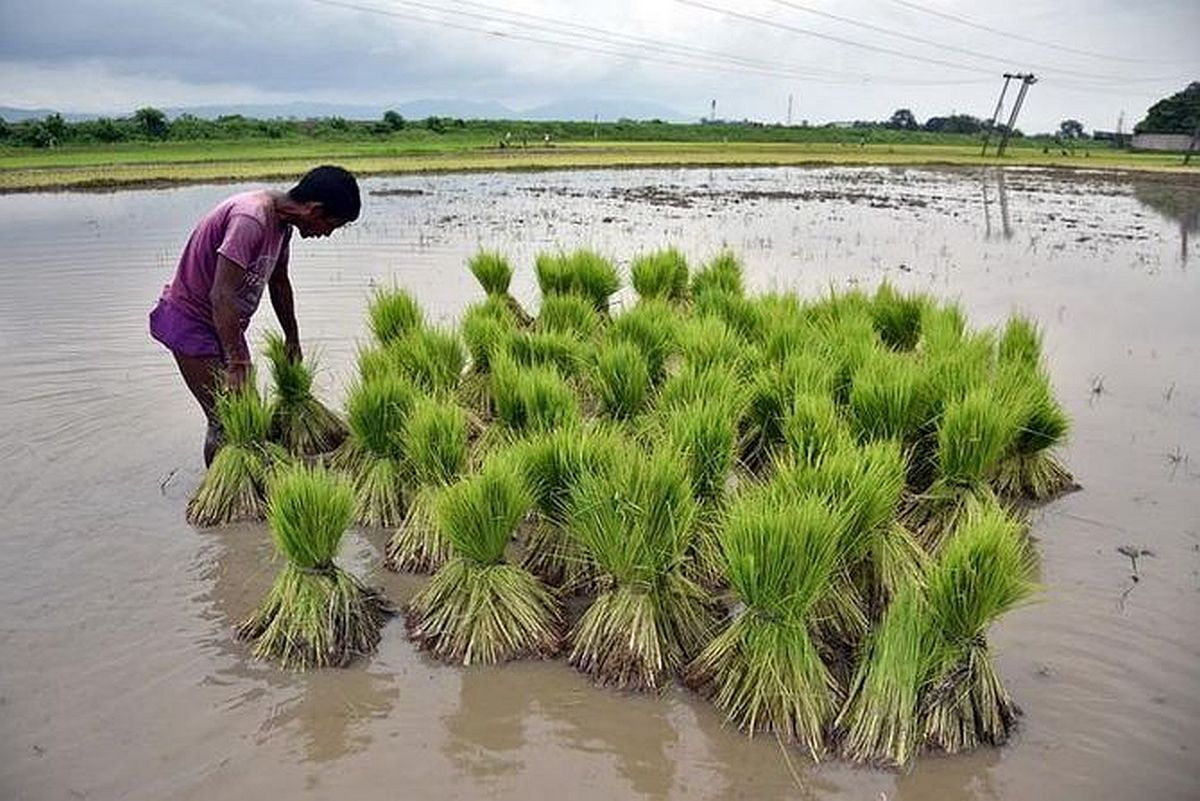
New Delhi, Jul 15 (PTI) In a bid to combat the growing challenges posed by climate change, the government is targeting to bring 25 per cent of the total kharif paddy area under climate-resilient seeds, a senior agriculture ministry official said on Monday.
The move comes as erratic rainfall patterns have become increasingly common in recent years, threatening rice production in the country.
India, the world's second-largest rice producer after China, cultivates paddy on over 410 lakh hectares during the kharif season.
Speaking on the sidelines of ICAR's 96th Foundation and Technology Day celebrations, ICAR Director General Himanshu Pathak said, "While we have achieved 75 per cent coverage of climate-resilient seeds in wheat cultivation, the adoption in paddy is still limited."
Pathak revealed that ICAR has developed paddy seeds resistant to drought and lodging. These seeds were sown in 16 per cent of the total paddy area during the 2023 kharif season.
"For the ongoing kharif season, we aim to increase this coverage to 25 per cent," he added.
The push for climate-resilient seeds comes at a crucial time. Research studies indicate that climate change could reduce rice yields in India by 3-5 per cent under a medium emissions scenario, and up to 31.3 per cent by 2030 under high emissions.
India's estimated rice production for the 2023-24 crop year (July-June) stands at 136.7 million tonne. The top rice-producing states include West Bengal, Uttar Pradesh, Punjab, Tamil Nadu, and Andhra Pradesh.
Pathak attributed the record wheat output of 112.9 million tonne in 2023-24 to the widespread use of climate-resistant seeds, despite weather aberrations.
The government now hopes to replicate this success in paddy cultivation.
Sowing of paddy, the main kharif (summer) crop, is underway across the country. As of now, about 60 lakh hectares have been covered under paddy since the start of sowing operations in June, according to government data.
The adoption of climate-resilient varieties could play a crucial role in safeguarding India's rice production in the face of increasing climate uncertainty.
The move comes as erratic rainfall patterns have become increasingly common in recent years, threatening rice production in the country.
India, the world's second-largest rice producer after China, cultivates paddy on over 410 lakh hectares during the kharif season.
Speaking on the sidelines of ICAR's 96th Foundation and Technology Day celebrations, ICAR Director General Himanshu Pathak said, "While we have achieved 75 per cent coverage of climate-resilient seeds in wheat cultivation, the adoption in paddy is still limited."
Pathak revealed that ICAR has developed paddy seeds resistant to drought and lodging. These seeds were sown in 16 per cent of the total paddy area during the 2023 kharif season.
"For the ongoing kharif season, we aim to increase this coverage to 25 per cent," he added.
The push for climate-resilient seeds comes at a crucial time. Research studies indicate that climate change could reduce rice yields in India by 3-5 per cent under a medium emissions scenario, and up to 31.3 per cent by 2030 under high emissions.
India's estimated rice production for the 2023-24 crop year (July-June) stands at 136.7 million tonne. The top rice-producing states include West Bengal, Uttar Pradesh, Punjab, Tamil Nadu, and Andhra Pradesh.
Pathak attributed the record wheat output of 112.9 million tonne in 2023-24 to the widespread use of climate-resistant seeds, despite weather aberrations.
The government now hopes to replicate this success in paddy cultivation.
Sowing of paddy, the main kharif (summer) crop, is underway across the country. As of now, about 60 lakh hectares have been covered under paddy since the start of sowing operations in June, according to government data.
The adoption of climate-resilient varieties could play a crucial role in safeguarding India's rice production in the face of increasing climate uncertainty.
Source: PTI
Read More On:
DISCLAIMER - This article is from a syndicated feed. The original source is responsible for accuracy, views & content ownership. Views expressed may not reflect those of rediff.com India Limited.
You May Like To Read
TODAY'S MOST TRADED COMPANIES
- Company Name
- Price
- Volume
- GTL Infrastructure
- 2.93 ( -4.87)
- 226206286
- IFL Enterprises
- 1.30 (+ 4.84)
- 81461564
- Vodafone Idea L
- 16.79 (+ 0.66)
- 67447398
- NCL Research
- 0.95 ( -4.04)
- 31996628
- Franklin Industries
- 3.73 (+ 3.32)
- 21511209
MORE NEWS

Sensex, Nifty Hit Record Highs for 3rd Day -...
Indian benchmark stock indices Sensex and Nifty closed at record highs for the third...

Incuspaze Opens New Coworking Centre in Bengaluru
Incuspaze has leased 1.15 lakh sq ft office space in Bengaluru to open a new coworking...

Rupee Rises 3 Paise to Close at 83.58 vs US Dollar
The Indian rupee strengthened against the US dollar on Tuesday, supported by firm...



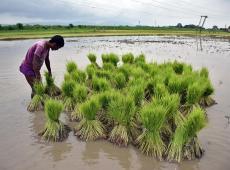
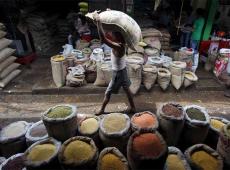

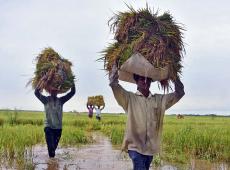
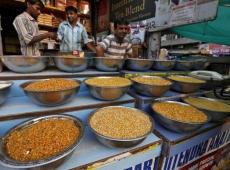




 © 2024 Rediff.com India Limited. All rights reserved.
© 2024 Rediff.com India Limited. All rights reserved.